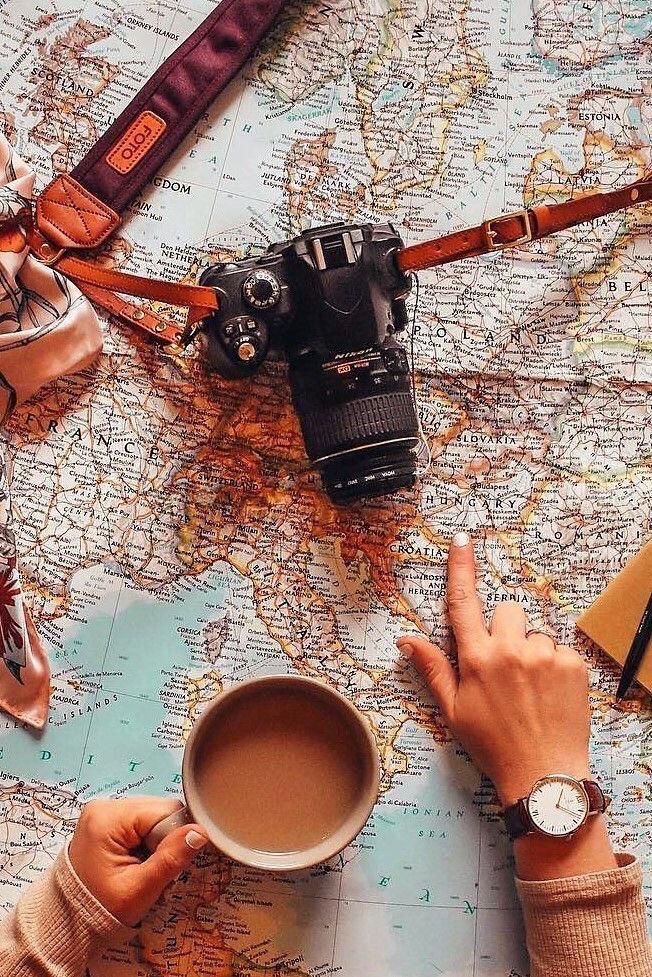5 Features You Should Always Look for in a Travel Bag
9/23/2025

Traveling is a completely different experience; you set out with the intention of making new friends and an unforgettable journey.
Traveling with friends may be an incredible experience where you create lifelong memories, or it might wind up putting your bond to the test.
Although serious discussions about spending, food, lodging, or sightseeing aren't most people's idea of enjoyable holiday planning, it's still crucial to make sure you and your friends are on the same page.
Keep Your Valuables Hidden
To avoid having your belongings stolen, follow the golden rule of appearing to have nothing of value. People will know what they can take from you as soon as they see you flashing valuable jewellery or technological devices like cameras, phones, and computers.
You can either refrain from bringing these items out in public during the day to avoid this, or you can be a little more discreet with them. Consider hiding jewels under clothing and taking out your pricey electronics only when absolutely necessary. Consider your trip's essentials and leave extraneous valuables at home.
Be aware of common travel fraud
Unfortunately, some people go about it by tricking, lying to, or outright extorting money from tourists through scams. Many people see tourists as a great way to make a living.
And it appears that each nation has its own variants. There are international scams like taxis with a broken metre as well as local ones like the locked palace fraud in Bangkok and the tea scam in China. You can use Google to quickly research scams in your destination so you know what to look for.
Know the Local Emergency Info
You need to know how to contact assistance if something goes wrong while you're travelling. This might come from your embassy, the police, the fire department, or even the ambulance service. You'll need to know the phone number for each of those services in addition to the location of your embassy or consulate in the nation you're currently in.
911 may not function where you are just because it does in another country. In hotels and hostels, emergency phone numbers are frequently listed on safety cards or emergency exit plans. However, it's better to conduct a fast Google search before your travel and record them, either on paper or on your phone.
Stop Using Your Back Pocket
Avoiding putting valuables in your back pocket is one of the simplest modifications you can make to improve your safety while travelling. One of the simplest spots for pickpockets to steal from is your rear pocket of your pants. Put your phone, wallet, cash, passport, and other valuables in your front pocket, where they will be safer.
Purchase travel insurance
The maxim "If you can't afford travel insurance, you can't afford to travel" is well-known in the travel industry. The surprises you encounter along the route make up a significant portion of travel, though they're not necessarily pleasant or affordable.
Travel insurance can come in handy for a variety of situations, including mishaps that result in significant medical bills, unforeseen delays, or circumstances that need legal fees. To select the right policy for you, it is always best to do your homework and learn what coverages different policies offer.
Bring a copy of your passport with you
Your passport is at the top of the list of items you don't want to lose while travelling abroad. You'll be in serious danger without it, so it only makes sense that you'd want to keep it safe at all costs. You run the danger of having it stolen, misplaced, or damaged if you leave it unattended while you're out.
Carrying a photocopy of your passport around will help you avoid this situation. You should leave your actual passport in a safe at your lodging. Having a photocopy will enable you to temporarily confirm your identification in the event that it is required, even though it is not as good as the genuine one.
Know Your Limits
Going out for drinks with former or current travelling partners is a common way to have fun when travelling, but it's better to avoid getting too inebriated while you're out.
Being intoxicated not only affects your judgement and increases the likelihood that you'll encounter danger, but it can also serve as a warning sign to predators that you're vulnerable to their predation. These dangers only rise if you consume alcohol to the point of unconsciousness.
Never use drugs illegally when travelling
Some individuals mistakenly believe that having left their country gives them a licence to act irrationally. Although it could feel liberating, the repercussions might be even worse than you're used to at home. This obviously applies to using illicit drugs while travelling to countries with stricter restrictions or less honest law enforcement.
Don't go alone at night time
It should come as no surprise that some safety advice is applicable both abroad and at home. A prime illustration is avoiding nighttime alone travel. Being out alone after dark is riskier than during the day is hardly news, so why would it be any different abroad? To ensure that you and your company return to your lodging securely at night, it is recommended to travel in groups.
Give family and friends a copy of your itinerary
There are several reasons to let your loved ones know your plans and whereabouts. To begin with, they could simply want to follow your adventures and experience them via you. However, if something untoward occurs while you're travelling through the area, it's crucial to be prepared.
Pack a First Aid Kit
Travel places you in a variety of unusual and unfamiliar situations, so it's not surprising that the odd injury or illness manifests itself in you. Having a first aid kit on hand enables you to handle the minor issues, but if it's something serious, you should seek medical attention.